Whether you’ve got a question or some helpful feedback, we’re all ears and would welcome your comments. If you do have a question, we will endeavor to get back to you as soon as possible


Hybrid and electric cars have become really popular because they're good for the environment and can be cheaper to run. But before you decide to switch to one, there are important things to think about, like how you'll charge the car.
Some hybrids can charge themselves while you drive, but plug-in hybrids and fully electric cars need to be connected to a power source to work their best and go a longer distance on electricity.
The good news is, there are lots of places where you can charge your car in public, and you can also easily charge it at home. This means you don't have to worry about running out of power while you're on the road and you can enjoy your trip without stressing about how far you can go.
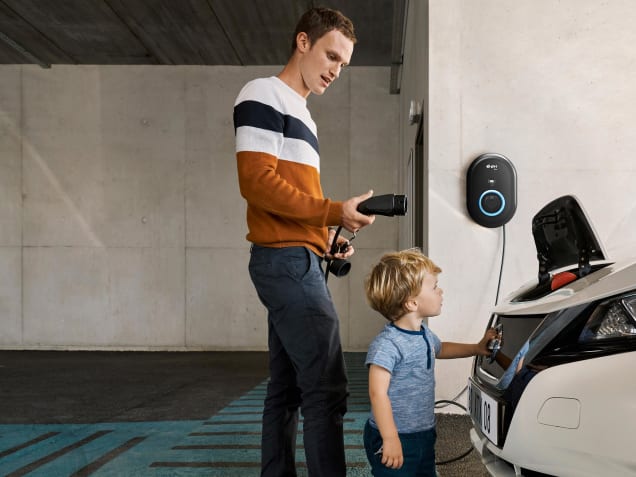
Slow chargers usually take between 6 and 12 hours for a full charge and offer speeds of up to 7kW. They're typically used within homes or locations where vehicles are often parked overnight.
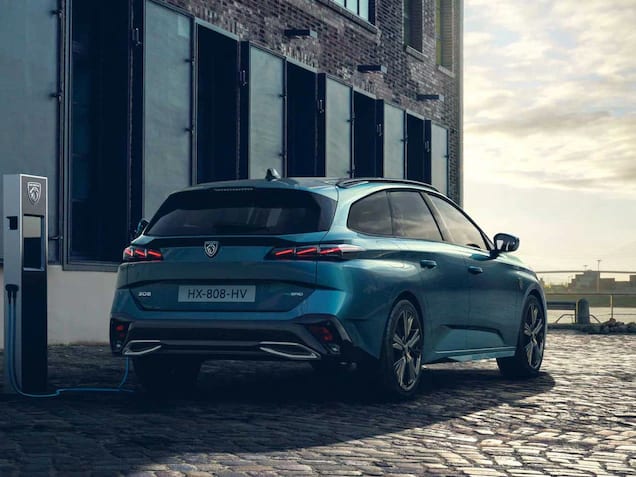
Fast chargers usually take between 2 and 4 hours for a full charge and offer speeds between 7kW and 22kW. They're typically found at locations where vehicles are parked for a few hours.
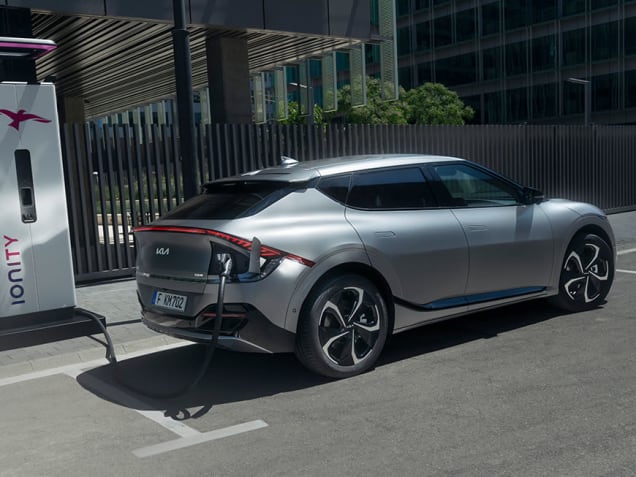
Rapid chargers usually take between 20 and 60 minutes for an 80 percent charge and offer speeds between 43kW and 50kW. They're typically found where vehicles are parked for a short break.
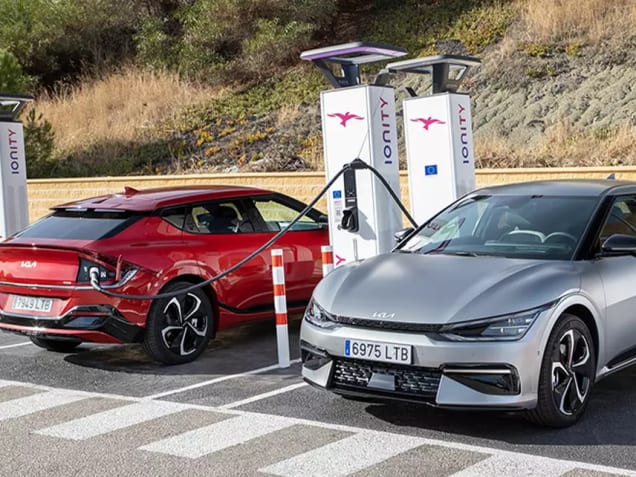
Ultra Rapid chargers offer up to 200 miles in as little as 30 minutes, and provide speeds of 50kW and above. Ultra rapid charging is only available on certain makes and models.
Recently the amount of charging stations located around the UK has increased, with over 30,000 charging points available, charging your vehicle whilst out and about is super simple.
Many public EV charge points are free to use, however, the majority of fast and rapid chargers do charge a fee. There are websites and apps that can assist you with finding an electric car charging station.
Alternatively, EV charge points can be installed at your home, but often require you to have off-street parking. Charging your vehicle at home is the most convenient and cost-effective method, and Government grants may be available to support with the installation of home EV charge points.
The time it takes to fully-charge an electric vehicle varies depending on the vehicle's battery size and the speed of the charging point.

There are a range of factors that impact your car's all-electric range, including:

Cold weather makes it harder for your electric car to go as far on a single charge because it needs more energy to warm up and work at it's best.
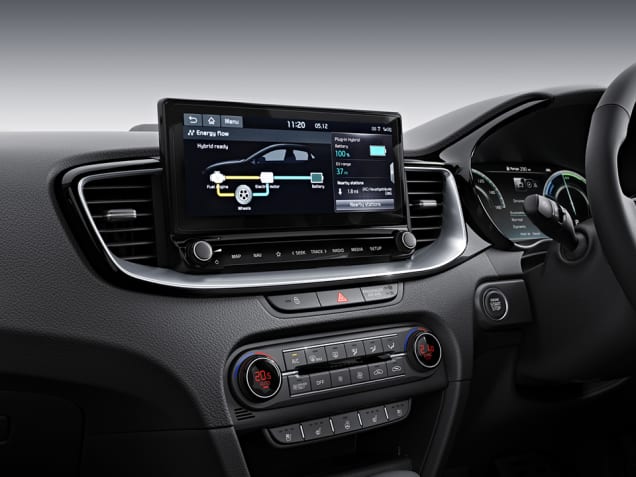
Your range will be affected by the use of systems in the car that require power to operate such as air-conditioning.

The additional weight in your car from passengers and or items you are carrying along with the speed at which you are driving will affect range.
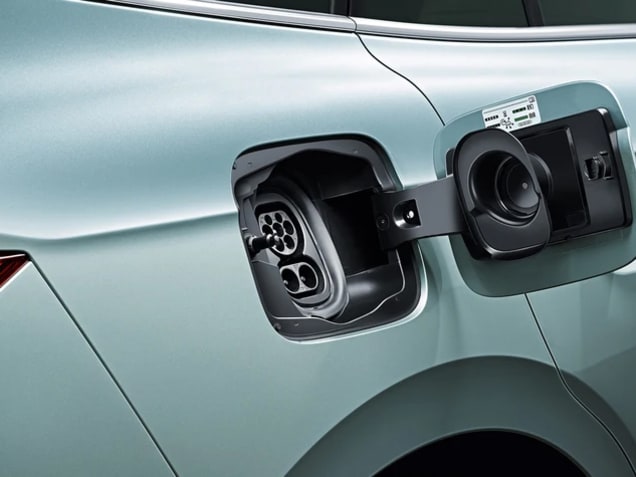
Over time, your battery's performance will decline, but extensive warranties and proper servicing and maintenance can reduce its effects.